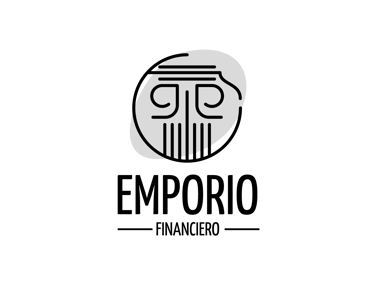Join our community of entrepreneurs and receive exclusive content!
What is a CFA Charterholder and how can they help you?
In Colombia, the CFA designation is still relatively unknown outside the banking sector. In this article, we explain what it means to be a CFA Charterholder, the level of training and experience required, and how professionals with this credential can add value in areas such as investment management, business valuation, and financial planning. If you want to make informed, responsible financial decisions, this article will help you understand why working with a CFA can make a real difference.
KNOWLEDGE
Juan Diego Londoño
5/13/20252 min read


The CFA® (Chartered Financial Analyst®) designation is one of the most respected credentials in the global investment and financial industry. Awarded by the CFA Institute, this certification represents a rigorous commitment to technical knowledge, professional expertise, and ethics in financial practice.
What does it mean to be a CFA Charterholder?
Becoming a CFA Charterholder requires:
Passing three demanding exam levels that cover topics such as financial analysis, asset valuation, quantitative methods, economics, portfolio management, and professional ethics.
Accumulating relevant work experience, typically in roles related to financial analysis and decision-making.
Committing to a strict Code of Ethics and Standards of Professional Conduct, which govern all professional activities.
Staying current through continuing education in an ever-changing financial environment.
In Colombia, there are approximately 200 professionals accredited by the CFA Institute. Most work in the financial sector, primarily in investment banking and corporate finance.
In What Roles Can a CFA Charterholder Add Value?
A CFA Charterholder can serve in a wide range of positions where rigorous financial analysis and informed decision-making are essential. Some typical roles include:
Investment and Portfolio Management: Designing, executing, and monitoring investment strategies aligned with specific financial objectives.
Financial and Estate Planning: Structuring long-term financial plans, including savings, investments, retirement, and succession.
Valuation of Companies and Assets: Providing independent, data-driven analyses to determine the economic value of companies, projects, or financial instruments.
Strategic Financial Consulting: Advising on financing decisions, capital allocation, business expansion, or restructuring.
Financial Risk Management: Identifying, measuring, and mitigating financial risks in portfolios or corporate structures.
Financial Education and Training: Sharing technical knowledge with individuals, families, or businesses to strengthen their financial decision-making.
Why is it valuable to work with a CFA Charterholder?
CFA Charterholders have demonstrated technical expertise, professional integrity, and a global perspective. While the designation does not guarantee specific outcomes, working with a CFA means working with a professional who follows international standards, applying analysis, discipline, and accountability to every decision.
In Colombia, where the presence of CFA Charterholders outside the institutional financial system is still limited, this profile represents a clear advantage for those seeking serious, well-founded advice aligned with global best practices.
To learn more about the CFA designation, visit:
https://www.cfainstitute.org
